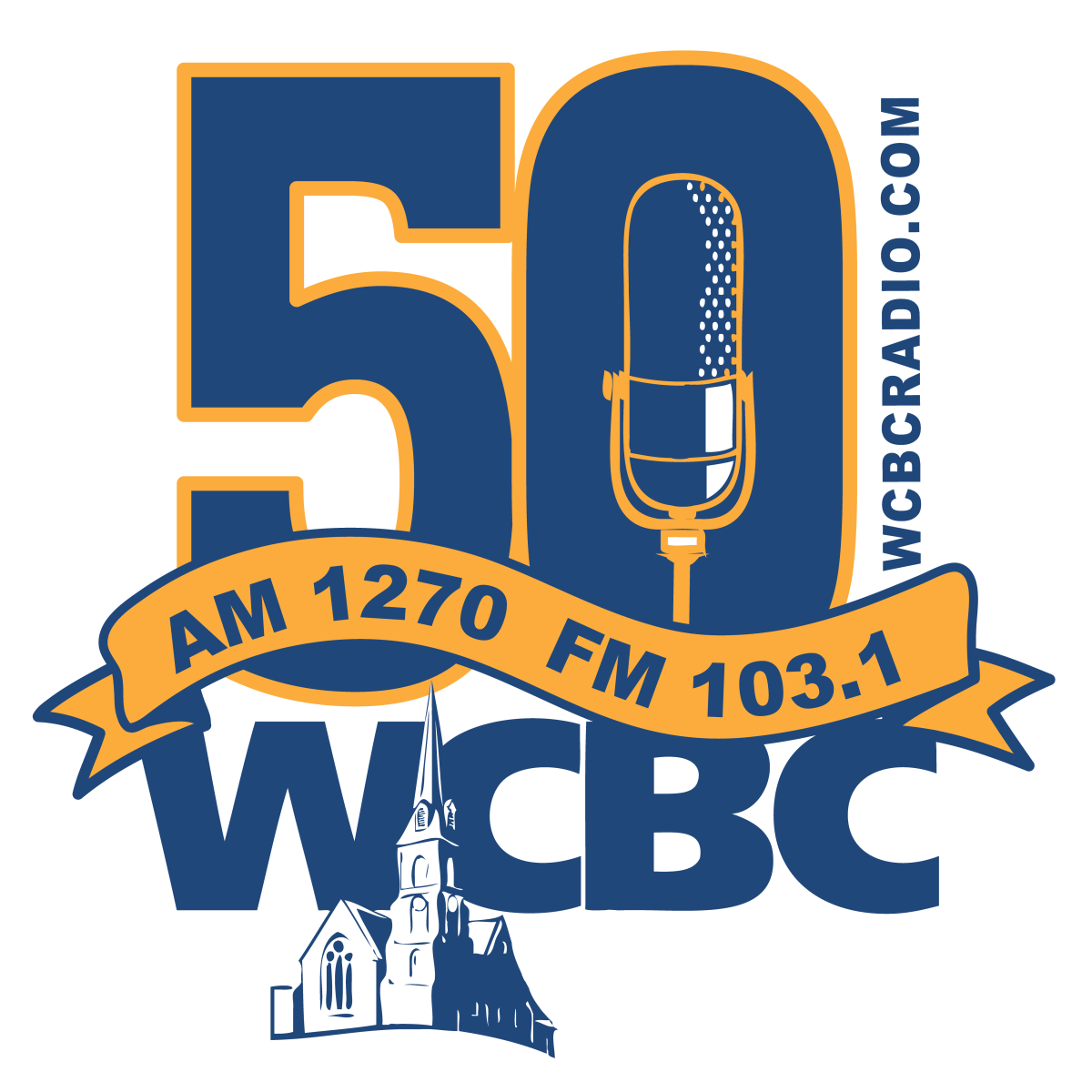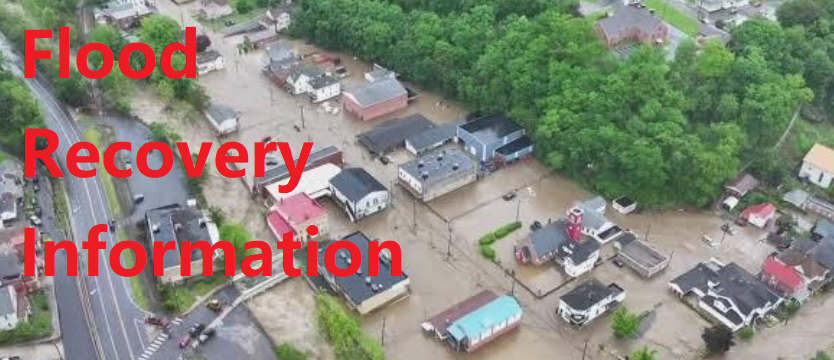August 8th, 2016 by WCBC Radio
Governor Larry Hogan today announced that his administration is providing $3 million in state grants to help eradicate the heroin epidemic in Maryland. A total of $931,371 will go toward funding a heroin coordinator in law enforcement agencies in every region of the state, while a total of $2,070,397 will go to nine jurisdictions to continue the Safe Streets Initiative, an offender-based program that tracks down and arrests the most serious, violent, and repeat offenders while connecting those offenders struggling with substance abuse to drug treatment, health care, education, and other services. This year, five Safe Streets sites will be funded to hire peer recovery specialists to integrate treatment into the model.
Both programs will support the recommendations of the Heroin & Opioid Emergency Task Force, which released its report after holding regional stakeholder summits to hear first-hand about the ravages of the epidemic on communities throughout the state. The Heroin Coordinator Grant Program will support one of the 33 recommendations made by the Task Force: the state should designate the Baltimore-Washington High Intensity Drug Trafficking Area (HIDTA) as the central repository for all Maryland drug intelligence by providing funds for salary or overtime support for a heroin coordinator to do the vital work of data input and analysis. Sharing and analyzing this data across jurisdictions will make it easier for law enforcement to identify drug traffickers. The Peer Recovery Specialist Program also fulfills the Task Force’s recommendation that peer recovery specialists be integrated into the Safe Streets model. These recommendations are part of a holistic approach that balances law enforcement, treatment, and prevention programs. The goal is to track down drug traffickers, protect young people from becoming involved with illegal drugs, and provide treatment and resources for those struggling with substance abuse and addiction.
“Throughout Maryland, from our smallest town to our biggest city, heroin is destroying lives,” said Governor Hogan. “A coordinated law enforcement and treatment response is essential to our administration’s ability to help fight this epidemic and provide our citizens with the lifesaving support they need. These heroin coordinators will work to ensure that every drug seizure, arrest, and investigation is documented and uploaded into extensive shared databases to give us a clear picture of the paths these deadly drugs take to get into our communities. And our peer recovery specialists will work to ensure offenders with addictions get the treatment and support they need to get on the road to recovery.”
“Governor Hogan and I are committed to the Safe Streets Initiative because it is a model program that works, and we’re pleased to be able to integrate a drug treatment component into our Safe Streets program—an important recommendation by the Heroin and Opioid Emergency Task Force,” said Lt. Governor Boyd Rutherford, the Task Force chair. “Identifying offenders who have an addiction from the moment they are arrested gives us the time we need to help them turn their lives around.”
“Until now, it was typical for law enforcement agencies to conduct and analyze their investigations and information on the illegal drug trade independently and in their own jurisdictions,” said Glenn Fueston, executive director of the Governor’s Office of Crime Control & Prevention, which administers the Safe Streets funds. “This is no longer the case. The Heroin Coordinator Grant program will promote an integrated law enforcement and investigative strategy among all Maryland jurisdictions through extensive data-sharing. This, in turn, will advance statewide investigations and prosecutions of drug traffickers, as well as referrals for treatment for individuals struggling with addiction.”
The grant funding announced today has been awarded to the following law enforcement agencies:
|
Heroin Coordinator Grant Program FY 2017 |
|||
|
Jurisdiction |
Implementing Agency |
Project Title |
Funding |
|
Allegany |
Cumberland Police Department |
Heroin Coordinator |
$84,180 |
|
Anne Arundel |
Anne Arundel County Police Department Headquarters |
Heroin Coordinator |
$69,100 |
|
Baltimore |
Baltimore County Police Department |
Heroin Coordinator |
$57,345 |
|
Calvert |
Calvert County Sheriff's Office |
Heroin Coordinator |
$38,000 |
|
Cecil |
Cecil County Sheriff's Office Law Enforcement Facility |
Heroin Coordinator |
$59,641 |
|
Charles |
Charles County Sheriff's Office |
Heroin Coordinator |
$50,000 |
|
Dorchester |
Dorchester County Council |
Heroin Coordinator |
$42,000 |
|
Frederick |
Frederick City Police Department |
Heroin Coordinator |
$63,000 |
|
Garrett |
Garrett County Sheriff's Office |
Heroin Coordinator |
$20,000 |
|
Harford |
Harford County Sheriff's Office |
Heroin Coordinator |
$73,304 |
|
Howard |
Howard County Police Department |
Heroin Coordinator |
$69,624 |
|
Kent |
Kent County Sheriff's Office |
Heroin Coordinator |
$32,000 |
|
Montgomery |
Montgomery County Police Department |
Heroin Coordinator |
$35,000 |
|
St. Mary's |
St. Mary's County Sheriff's Office |
Heroin Coordinator |
$31,441 |
|
Talbot |
Talbot County Sheriff's Office |
Heroin Coordinator |
$30,000 |
|
Wicomico |
Wicomico County Sheriff's Office |
Heroin Coordinator |
$49,088 |
|
Worcester |
Worcester County Board of County Commissioners |
Heroin Coordinator |
$67,648 |
|
Statewide |
Maryland State Police |
Heroin Coordinator |
$60,000 |
|
|
|
TOTAL FUNDING |
$931,371 |
|
Safe Streets Initiative FY 2017 |
|
|
Implementing Agency |
Funding |
|
Annapolis City Police Department |
$345,147 |
|
Anne Arundel County |
$289,807 |
|
Cumberland Police Department |
$220,000 |
|
Dorchester Community Partnership |
$164,080 |
|
Frederick City Police Department |
$232,366 |
|
Hagerstown Police Department |
$161,024 |
|
Harford County Sheriff’s Office |
$207,000 |
|
Maryland State Police/Cecil County |
$203,000 |
|
Salisbury Police Department |
$247,973 |
|
TOTAL FUNDING |
$2,070,394 |




.jpg)













